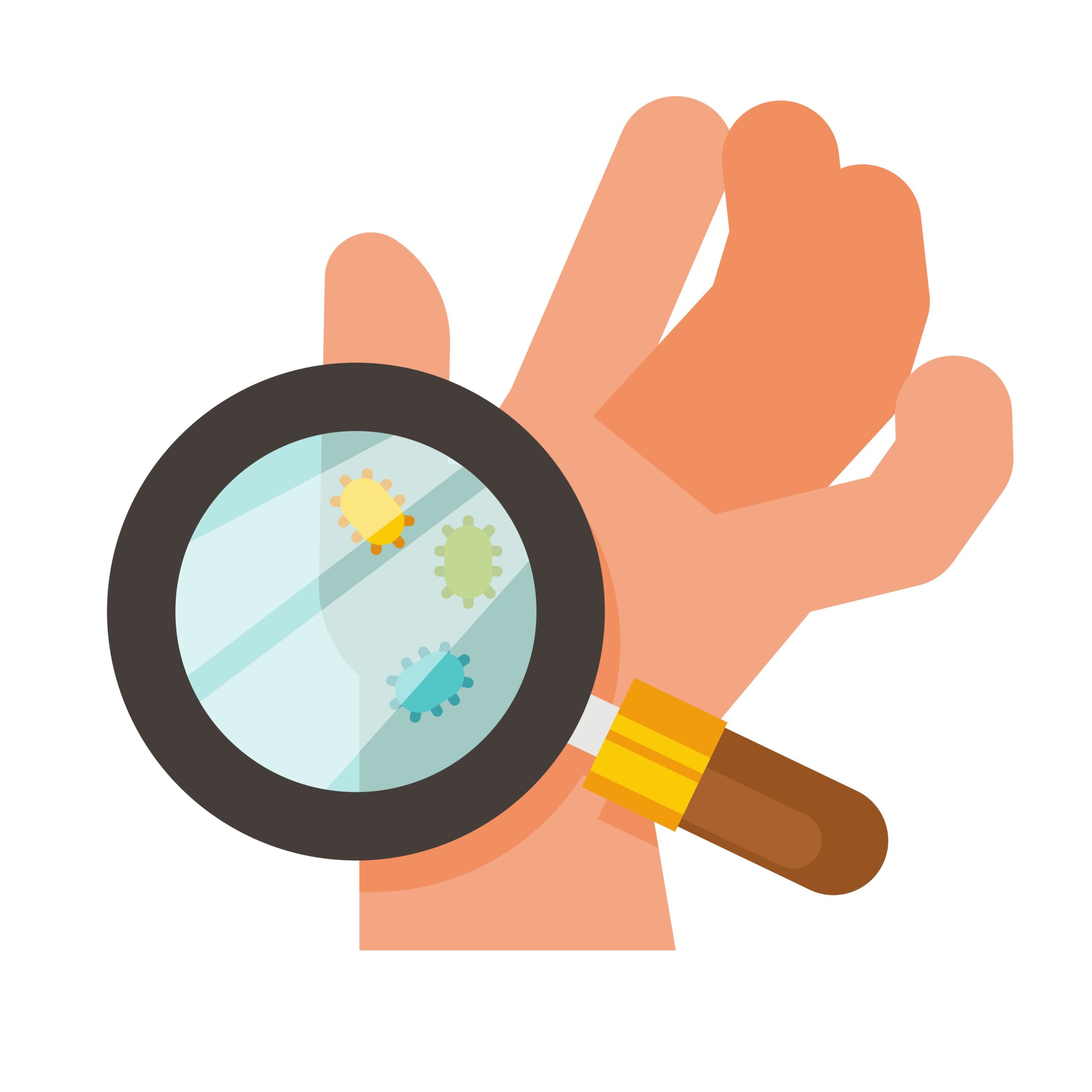Searching CBT for depression in the Halton region, including Milton, Oakville, Georgetown or elsewhere in Ontario?
Suntree Wellness provides virtual Cognitive-Behavioural Therapy (CBT) for depression to adults and teens living in Ontario. This article explains what you can expect if you choose to engage in CBT for depression.
What is depression and Major Depressive Disorder (MDD)?
Depression is a group of mental health symptoms that have been shown in the research to cluster together. Most commonly when people say ‘depression,’ they are referencing a condition from the DSM (how most professionals diagnose mental health conditions in North America and beyond, current version is the DSM-5-TR) called Major Depressive Disorder (MDD).
Depression or MDD is characterized by clients needing to meet the following primary criteria:
- Having five or more of the following symptoms for 2+ weeks, with at least one of the symptoms being either a depressed mood or loss of interest or pleasure.
- Depressed mood (can be irritability in children and teens).
- Loss of interest or pleasure in activities.
- Increase or decrease in weight and/or appetite.
- Sleeping less (insomnia) or sleeping more (hypersomnia) than normal.
- Restlessness and moving more than normal or moving more slowly than normal.
- Fatigue or loss of energy.
- Feelings of worthlessness and/or excessive guilt.
- Reduced concentration or ability to focus.
- Thoughts of death, suicidal ideation, and/or suicidal behaviour.
Depression is rated as Mild, Moderate, or Severe. There are also many qualifiers that can be added to depression, including “with Anxious Distress” meaning there are both depressive and anxiety symptoms together. This is important to note as depression and anxiety frequently co-occur.
It is also important to emphasize, that while MDD is the most frequently referred to depressive disorder, there are other depressive disorders like Persistent Depressive Disorder (PDD), which used to be called dysthymia.
What is CBT?
CBT is the most evidence-based therapy that currently exists. CBT has been shown to help with problems such as depression, anxiety, trauma and PTSD, anger, substance use, and more.
The basic CBT model looks four components: our thoughts, emotions, physical sensations, and behaviours we engage in. All of these are examined within the context of a specific situation. CBT helps us identify unhelpful, negative, and/or inaccurate thoughts and change these to become more positive or balanced. CBT also teaches people relaxation strategies and other positive coping strategies to help make our behaviour more effective.
If you want more general information on CBT, read this article for more.
What types of treatment work for depression?
Luckily, there are many different interventions for depression at this time. The two most common treatments are medication and therapy (usually CBT).
Research tells us that the combination of medication and therapy together work better than either one alone. However, people have to weigh the pros and cons of both approaches to figure out what works best for them. Medication is often particularly recommended with severe cases of depression, as typically there is at least partially a biological basis for the depression.
CBT is often recommended as a treatment for depression as research shows it leads to long-lasting improvements in functioning, even after therapy has stopped. This makes sense as CBT teaches people new ways of thinking and acting, which they can take with them in the future.
There are also alternative treatments that are not used commonly except for the most challenging forms of depression. These alternate treatments include Electroconvulsive Therapy (ECT), ketamine therapy for depression, and others. Not all of these alternate treatments have undergone rigorous clinical trials and/or potentially have significant side effects, so it is important to talk to medical professionals and read the research before deciding to pursue these options.
How does CBT for depression work?
CBT is meant to be collaborative between the client and the therapist. This means that clients and therapists should work together to identify goals that are important for clients. Here are example goals a client might identify:
- Improve sleeping habits (e.g., waking up consistently on time, improve insomnia, manage re-occurring stressful dreams).
- Improve self-care (e.g., brushing teeth consistently, showering consistently).
- Improve social relationships (e.g., identify a support network, increase participation in social activities).
- Improve daily functioning (e.g., identify small daily goals to achieve such as eating 3 meals per day, do 15 minutes of cleaning daily, go for a 15 minute walk daily).
- Improve self-talk (e.g., identify negative thoughts, develop alternate more balanced thoughts).
As you can see, goals for depression treatment can vary based on the client’s needs. Usually more specific goals are created in therapy. For example, setting a goal of waking up between 10:30 to 10:45 AM each morning instead of “improve sleeping habits.”
There are some common components in depression treatment. Note this is not a comprehensive list and the focus of your therapy may depend somewhat on the style of therapy practiced and the therapist’s own emphasis:
- Increasing daily activity, this is also called behaviour activation.
- Identifying and correcting negative thoughts and core beliefs (about yourself, others, and the world).
- Increasing social support.
- Managing physical needs including consistently taking medication, sleeping, eating, and exercising.
- Practicing assertive communication to help clients advocate for themselves.
- Identifying achievable goals and practicing problem solving to achieve these goals.
- Identifying emotions, triggers for emotions, and ways to manage intense emotions.
Some therapists are extremely structured in therapy, setting an agenda for the session and following a specific treatment manual. Other therapists adopt a more flexible approach, based on the client’s needs. There are pros and cons of both approaches.
Homework is an important part of CBT. Don’t worry, it’s not the same homework as you completed in school. Homework within CBT simply means identifying what skills you need to practice or what goals you want to make progress towards between sessions.
We always say, talking to someone for around 50 minutes once per week is not going to radically change your life. Instead, you have to put into practice the different skills and strategies discussed in session to see meaningful and quick changes. This is why people say that therapy can be hard work!
How long does CBT for depression take?
CBT for depression is ideally tailored to the individual client. However, research of CBT for depression showed that most clients benefit with 8 to 16 sessions (for research overview see this and this). As one would expect, mild cases of depression require fewer sessions of therapy whereas more severe and/or persistent cases of depression may benefit from more than 16 sessions.
However, if a client isn’t experiencing improvement within 16 sessions, both the therapist and the client should look at what is blocking progress and work on these factors within therapy. A medication change or psychiatrist referral might be needed or a change in therapist might also be appropriate. Having to change therapists doesn’t mean someone has ‘failed’ at therapy. The therapist-client relationship has been shown to be a significant predictor in client outcomes, so finding the right fit is very important.
What are my next steps?
If you are interested in virtual CBT and living in the Halton region, including Milton, Oakville, Burlington, or Georgetown, please contact Suntree Wellness. Suntree Wellness provides online therapy for adults and teens that live in Ontario. All services are provided by a psychologist. Unfortunately, we cannot provide services for individuals living outside of Ontario due to licensing laws.
Contact our office to get the process started and start your therapy journey.
Call us at (905) 288-7169 or email us at info@suntreewellness.com to book an appointment or schedule a free 15-minute consultation (see our Contact Us page for more information). You can also look at services through our Jane App booking portal at: https://suntreewellness.janeapp.com/



